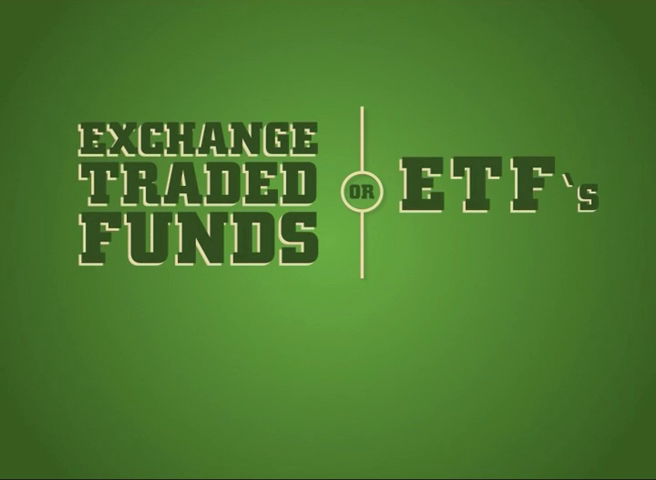
Investors who are looking for solid returns with relatively low volatility often turn to mutual funds. This can be a very smart move for people looking to save for college, retirement, or other life goals. But, at the same time, experienced investor Daniel Calugar says there may be an even better alternative for these investment purposes — ETFs.
ETFs, or exchange-traded funds, were introduced back in 1993 as a viable alternative to mutual funds. ETFs are designed to track a particular index and offer higher price visibility in intraday trading along with low management fees.
Here are some of the reasons why ETFs are a great investment tool.
Flexibility
Traditional mutual funds are traded once every day — after the stock markets close for the day. This means that investors have to wait until the trading day ends to determine the price for new shares they bought or sold for that particular day.
ETFs, meanwhile, are traded while the markets are open during the day. Thus, like other stocks, ETFs can continually change price throughout the exchanges’ normal operating hours. This gives investors up-to-the-minute information about price changes.
What this provides is flexibility to investors. They’re able to manage their portfolio throughout the day, changing the allocation of their investments whenever they want to.
Changing allocations in traditional mutual funds is much more challenging. Doing so can take multiple days. This can be detrimental, as investors may miss the opportunity to jump on an investment or get out if it’s not good.
Low Cost
The typical costs of ETFs are streamlined when compared to mutual funds. The brokerage firms that hold the ETFs get much of the costs passed onto them rather than onto the customer.
Lower costs mean a more significant share of the pie goes to the investor rather than administrative fees. So it’s a no-brainer to understand why having lower fees means more money in your account.
Tax Advantages
One of the biggest differences between mutual funds and ETFs is how they handle capital gains. Mutual funds pass capital gains taxes onto their investors continually.
ETFs, by contrast, have overall lower capital gains, and they’re also only payable once the investor sells the ETF. As such, mutual funds incur much more in capital gains tax than ETFs do.
Diversification
Dan Calugar emphasizes how important diversification is for any investor. When all your eggs are in one basket, for instance, your financial future depends on the performance of only a few small things.
ETFs provide an excellent opportunity for investors to diversify their portfolios while reducing risk at the same time. ETFs are available for just about all major asset classes, currencies, and commodities in the world.
Unlike investing in mutual funds, ETFs provide investors with the opportunity to offset other investment risks they may have with a specific sector by shorting an ETF in that same sector.
Even at a more basic level, investing in ETFs rather than mutual funds allows investors to diversify their portfolios so they can manage risk while they save for important financial events such as college and retirement.
About Dan Calugar

Daniel Calugar is a versatile and experienced investor with a background in computer science, business, and law. He developed a passion for investing while working as a pension lawyer and leveraged his technical capabilities to write computer programs that helped him identify more profitable investment strategies. When Dan Calugar is not working, he enjoys working out and being with friends and family, and volunteering with Angel Flight.
You might also like
Featured image source: Franklin Templeton India